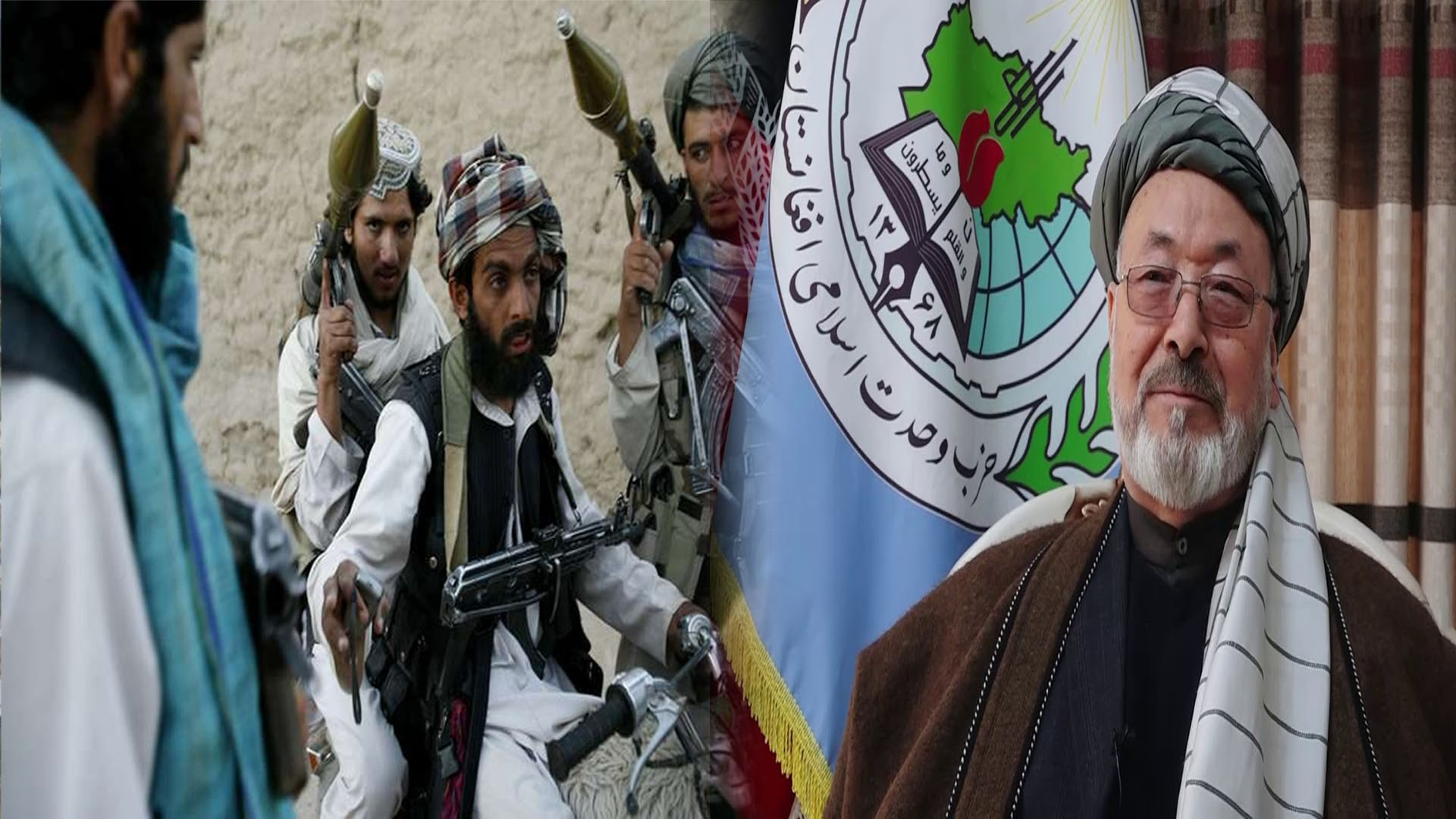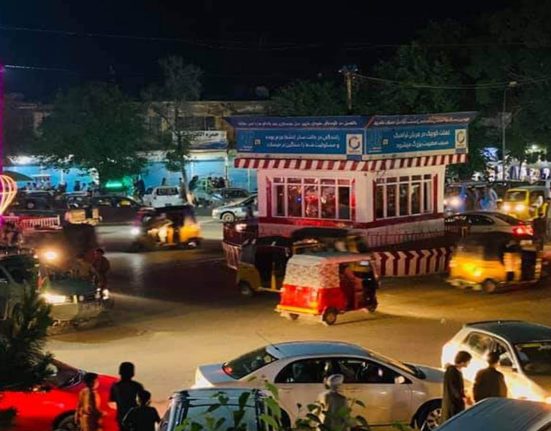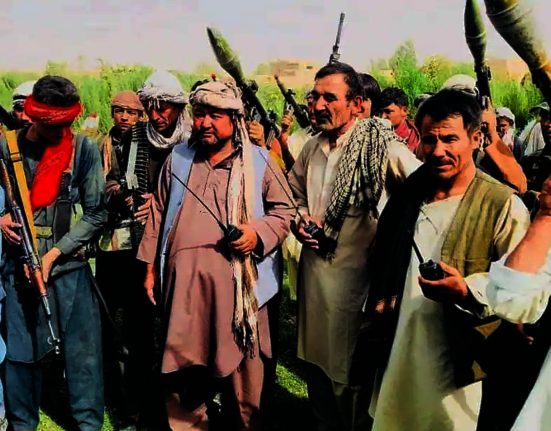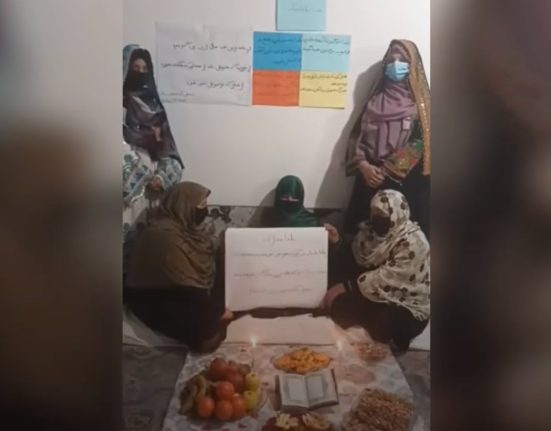
Hezb-e-Wahdat: Taliban have turned nomads into a repressive force in Hazaras.
The Hezb-e-Wahdat Islamic Party of Afghanistan, led by Mohammad Karim Khalili, has accused the Taliban of using nomads as a local armed force to suppress residents of Hazara areas.
In a statement issued by the party, it was stated that nomads have entered the central regions of the country over the past two months and have committed violence, murder, torture, destruction of property, land grabbing and forced displacement of residents.
According to the party, in the Rashak area of Punjab district of Bamyan province alone, the properties of 25 families have been seized and their houses locked. Local residents said that the Taliban have forced them to live under tents.
In the statement, the nomads are accused of carrying out mass torture and making violent videos of the victims with the direct support of the Taliban and publishing them on social media.
The Wahdat Party has emphasized that similar violence has also been reported in Ghazni, Bamyan, Daikundi, and Behsud provinces, and has held the Taliban directly responsible for these acts.
The party has warned that the continuation of these policies could jeopardize social stability and national solidarity, and has called on the international community and the United Nations to take action to stop the Taliban’s discriminatory policies, ethnic cleansing, and human rights violations.
Earlier, the Supreme Council of National Resistance also reported organized forced displacement in Bamyan, Ghor, and Maidan Wardak provinces, calling it part of the Taliban’s efforts to disrupt the demographic balance.
Meanwhile, the Bamyan provincial government has issued a statement saying that the final verdict in the case was issued in favor of the nomads’ representatives and that the entire investigation process was conducted in accordance with Islamic Sharia law and principles.
The organization emphasized that the goal of some media outlets in publishing such news is to disrupt ethnic unity and undermine the atmosphere of peace in Bamyan province.
The statement states that the land ownership dispute in question was between Mohammad Awad Danesh, a local resident, and representatives of the nomads, which was pursued legally and based on a written and valid lease agreement, and the matter was formally examined in various courts of justice and judiciary of the country, including the Taliban Court of Appeal.
According to the provincial government, the final verdict in this case was issued in favor of the nomads’ representatives, and the entire process was conducted in accordance with religious documents and the principles of Islamic law.
This fundamental question has arisen for many citizens and observers: How and when did the nomads become owners of lands where the indigenous residents have lived for generations?
The name “nomad” itself suggests a nomadic lifestyle, without a fixed place and based on seasonal movement with tents and livestock.
Throughout history, nomads have moved around in the foothills and natural pastures, but this mobile presence has never meant formal and permanent ownership of land.
Now the question is seriously raised: how did this mobile group, especially in recent decades, become claimants to ownership in areas where its inhabitants have lived indigenously for hundreds of years, developed the lands, and established their own social and cultural structures?







